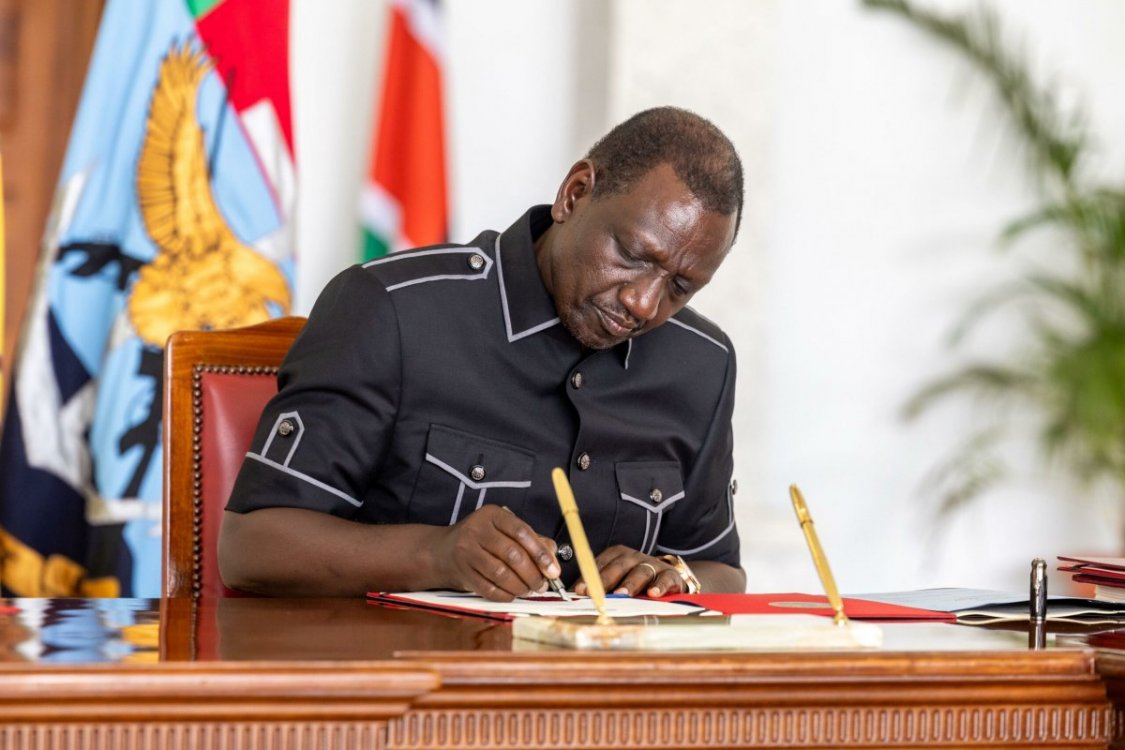Expert analysis of the Finance Bill 2025 tax proposals

Through a news release on the April 29, 2025, it was reported that the Cabinet had earlier in the day approved the Finance Bill, 2025. According to the news release the Finance Bill 2025 would be primarily focused on sealing tax loopholes and enhancing efficiency. The news release also indicated that the Finance Bill 2025 would seek to minimise tax-raising measures. The Bill would also streamline the tax refund process and make amendments to various tax laws in Kenya with view of reducing tax disputes.
The Bill proposes the increase of the per diem threshold from Sh2,000 to Sh10,000. This essentially means the first Sh10,000 provided to an employee while working outside of their usual place of work while on official duties would not be taxable. This proposal is laudable as the current daily allowance is on the lower side and does not reflect the current economic reality.
Currently, loan interest payments made to certain specified financial institutions to the tune of Sh360,000 are treated as an allowable deduction for individuals if the loan has been used to purchase or improve a residential home occupied by the individual.
The Bill proposes to extend the interest payment deductibility if the loan has been used in the construction of a residential house. Definitely, a welcome proposal that will increase the take-home pay of number of Kenyans if enacted.
The Bill has also proposed to treat as an allowable deduction expenses incurred in the construction of a public sports facility. The proposal, if enacted, may appeal to companies to extend their corporate social initiatives to construction of such public sports facility as the expense would now be tax deductible.
The above proposals are favourable to taxpayers and could be speaking to the minimisation of tax raising measures alluded to in the news release.
Dispute resolution
On enhancing efficiency, one of the proposals included in the Bill is that if the Commissioner does not respond to an application for a taxpayer’s year-end change within the stipulated six-month period, then the application shall be deemed allowed.
Approvals for year-end changes are not always granted within the six-month period provided for in the existing provisions. Hence, if the proposal is enacted, it will provide much needed certainty to taxpayers on when they can expect to have their year changes approved.
The Finance Bill 2025 will seek to enhance the tax dispute process and there some proposals within the Bill that speak to this. It proposes to introduce an advance pricing agreement regime with respect to cross-border transactions conducted by taxpayers with their non-resident related parties. An advance pricing agreement allows a taxpayer to agree with the Commissioner on the transfer pricing method to be applied for a period of time, usually five years. The agreement between the taxpayer and the Commissioner is reached before the transactions are executed by the taxpayer. Transfer pricing disputes are one of the most common tax disputes that often arise. Hence, the introduction of a regime that enables a taxpayer to conduct its cross -border related party transactions on the basis of a method that has already been agreed upon with the Commissioner will conceivably reduce some of these disputes.
Under the current regime, when a taxpayer who is required to withhold tax fails to do so, the taxpayer is still liable for the principal tax, penalty and interest even if the payee has already paid tax on the payment received. The Bill now introduces a proposal that would negate the liability of a taxpayer who fails to deduct tax on a payment but the payee subsequently paid tax on the payment received. A commendable proposal if enacted because it would provide certainty on a common dispute area.
Refining refunds
The news release also mentioned that Finance Bill would seek streamline the tax refund process. The proposals that have been included in the Bill with respect to the refund process are largely with respect to increasing the timelines within which the Commissioner has to act on refund applications. The Bill proposes to increase the timeline within which the Commissioner has to determine a refund application, from 90 to 120 days. In addition, in a situation where a refund application has triggered an audit, the Commissioner will now have 180 days to conclude the matter as opposed to the current 120 days. In practice, despite the existing time limits set for the Commissioner to act upon refund applications, the process of getting a refund is quite protracted. Hence, taxpayers can only hope that if the Commissioner is granted the extended timelines as proposed under the Finance Bill 2025, that the refund process will become much more efficient.
The Finance Bill 2025 generally mirrors the issues highlighted in the Cabinet news release of April 29, 2025. In comparison to the Finance Bills we have seen in the last couple of years, the Bill has some favourable provisions particularly for individuals and hopefully these will form part of the Finance Act that will be enacted.
-Janet Mutura is a Manager at EY. The views expressed herein are personal















